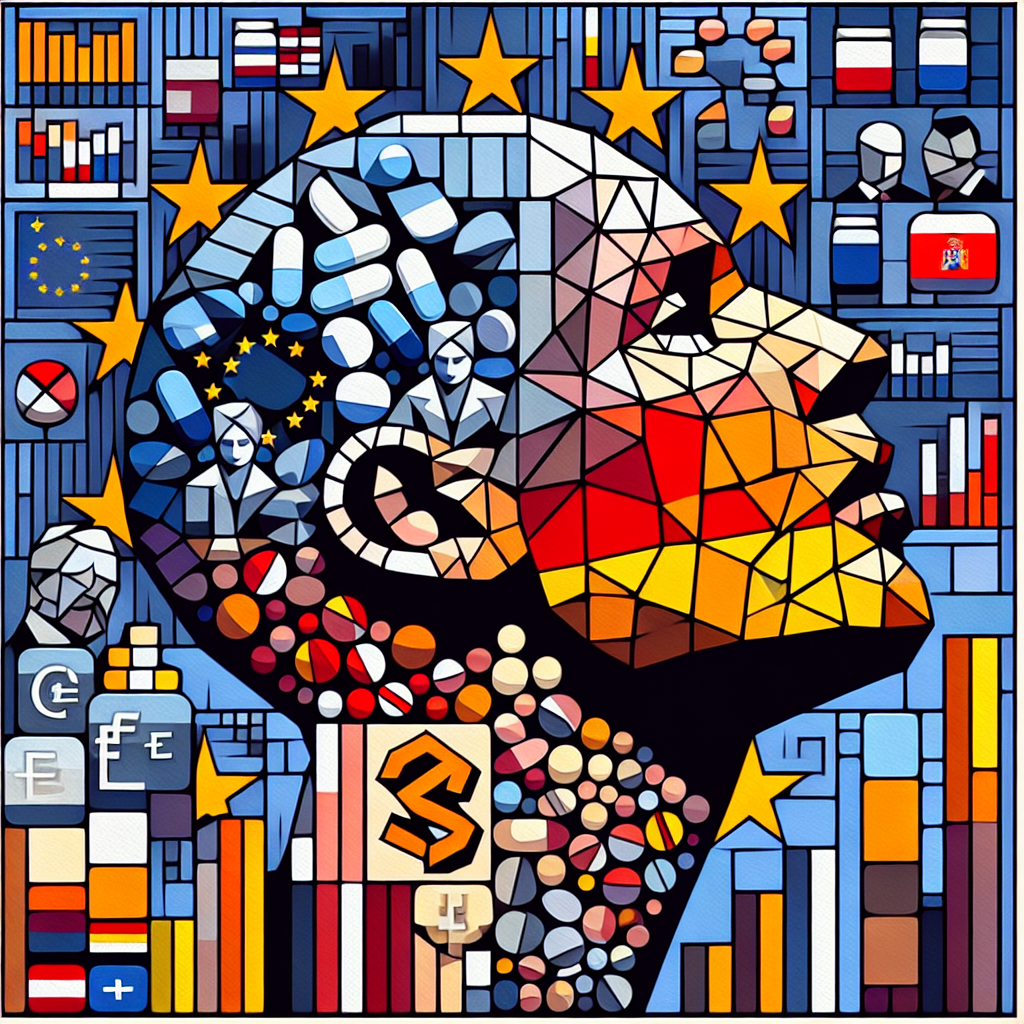
A recent article from POLITICO Europe, titled “Drug prices in Europe are soaring — and are only expected to rise,” highlights several key points regarding the rising drug prices in Europe, particularly in the context of the pharmaceutical industry and regulatory changes.
Rising Drug Prices
Rising drug prices in Europe have significantly increased, particularly for cancer and rare disease medicines. Higher prices of these medicines, rather than an increase in the volume of drugs being purchased, drive this trend.
Impact on Health Insurance and Public Spending
European countries such as Germany, Spain, Belgium, and Latvia are experiencing higher expenditures on drugs due to these pricier medicines. Health insurance bodies and public health systems are feeling the strain of these rising drug prices.
Demographic and Market Factors
Demographic trends, including an aging population, contribute to the increased demand for expensive medicines. However, the primary driver of the cost increase is the high price of new treatments, especially those for cancer and rare diseases.
Regulatory Changes and Industry Reaction
The European Union is proposing changes to pharmaceutical rules, which include reducing the market exclusivity period for new medicines. This would allow unbranded (generic) competitors to enter the market sooner, potentially driving down prices. However, the pharmaceutical industry is strongly opposing these changes. They argue that they would reduce incentives for research and development and could lead to companies shifting their investments outside of Europe.
Industry Concerns and Economic Implications
Pharmaceutical companies and industry lobbyists argue that punitive pricing and regulatory hurdles are already challenging the industry in Europe. They fear that further reductions in market exclusivity periods could exacerbate the problem, leading to a decline in Europe’s position as a hub for pharmaceutical innovation and potentially causing companies to invest more in other regions like the U.S. or China.
Overall, the article underscores the tension between the need to control rising drug prices and the pharmaceutical industry’s concerns about the impact of regulatory changes on their ability to invest in research and development. Rising drug prices pose a significant challenge that requires a careful balancing act to ensure both affordability and innovation in the healthcare sector.
